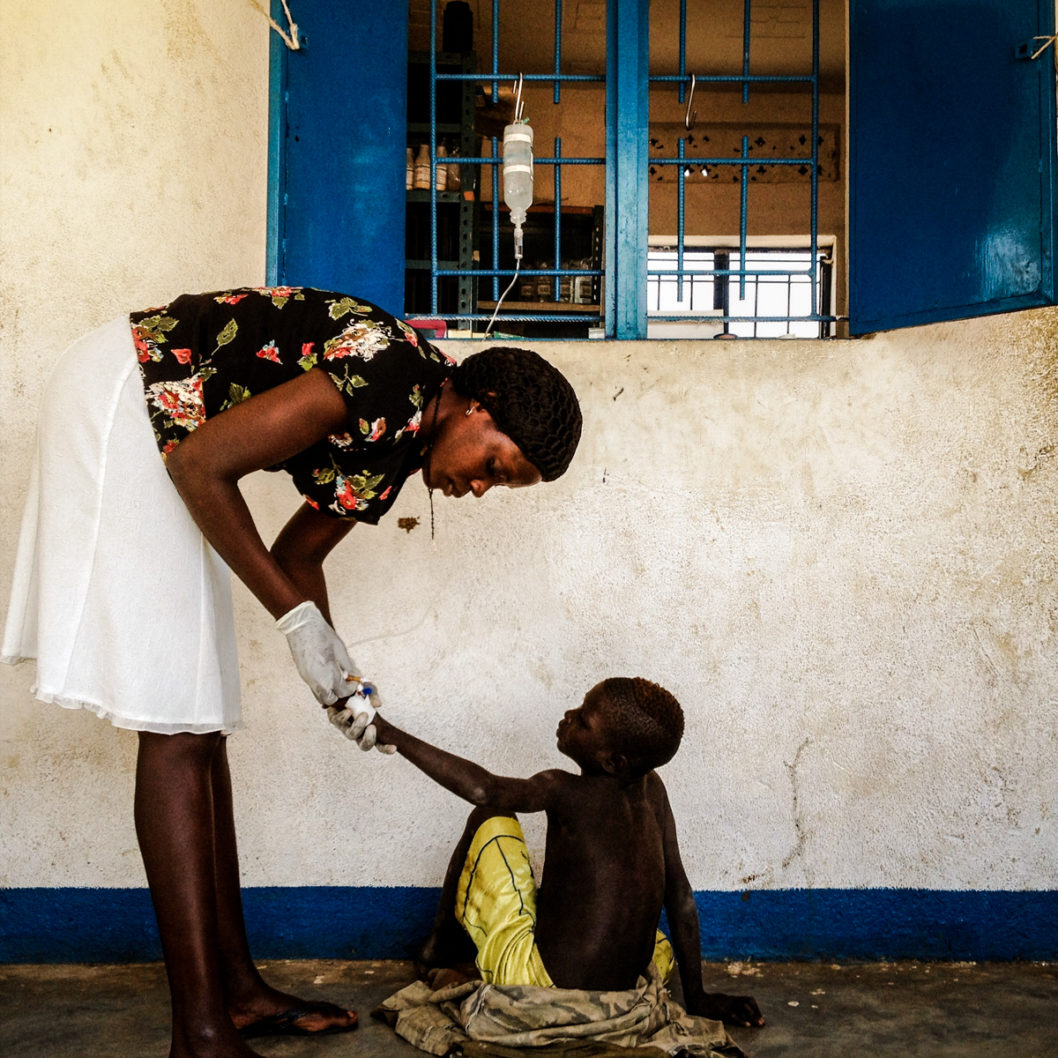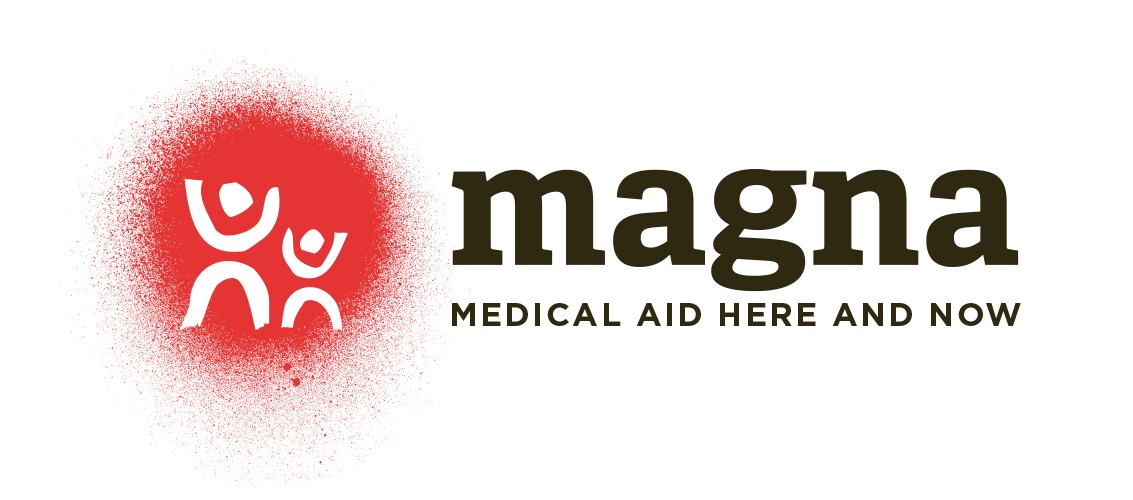Medical activities
Malaria
Malaria kills nearly half a million people each year. 70% of all deaths affect children under the age of five.
Malaria is not difficult to treat. Unfortunately, insufficient access to the most effective treatment procedures is often an obstacle. Up to 90% of all deaths caused by malaria occur on the African continent. Impregnated mosquito nets are expensive for many people and they cannot afford them.
Malaria is transmitted by infected mosquitoes. Its symptoms include fever, joint pain, headache, repeated vomiting, convulsions or coma. A severe form of malaria, most often caused by the Plasmodium falciparum parasite, causes organ damage and can even lead to death if left untreated.

The most effective treatment for malaria is combination therapy based on the administration of artemisinin (ACT). These medicines can cure most diseases within three days.
Malaria is diagnosed using a rapid diagnostic test or a microscope under laboratory conditions. A diagnostic test that uses blood from a finger is relatively cheap and easy. Even healthcare workers without prior professional training will quickly learn to use it. Unfortunately, in some areas these tests are not available, so doctors have to diagnose sick children based on symptoms alone.
The most effective treatment for malaria is combination therapy based on the administration of artemisinin (ACT). These medicines can cure most diseases within three days. To prevent severe malaria, early treatment is essential, requiring hospitalization with intravenous antimalarials. Patients with severe malaria often require blood transfusions, which require a safe and adequately stocked blood bank, which is often difficult to provide in resource-poor areas. A severe form of malaria that is left untreated or treated too late causes death.
Prevention in the form of networks
An important tool in the fight against malaria is the permanent placement of insecticide-treated nets above beds. In endemic areas such as South Sudan or the Democratic Republic of Congo, MAGNA workers provide nets to pregnant women and children up to the age of five. At the same time, we also advise people on how to use these networks.
More about malaria in our projects
Learn more about how we treat malaria in our projects worldwide
